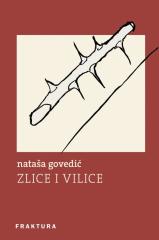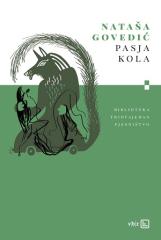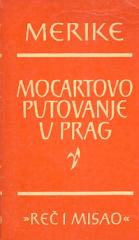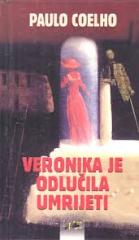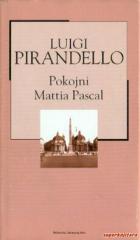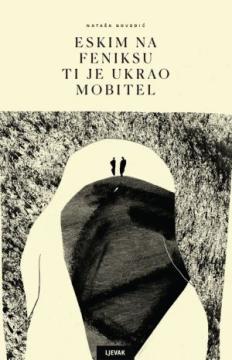
Eskim na feniksu ti je ukrao mobitel
An Eskimo na Fenix stole your mobile phone is the second novel by Nataša Govedić, and it brings an intimate story of two protagonists and a dedication to the personal image of Zagreb.
Do you remember that tiny, yet very earnest inner voice that kept coming back to your most personal pleasure - fearing that you would forever bury it, sink it, lose it, burn it or just leave it at a gas station, as a useless surplus? Here he is again. He jumps over the fence and enters the backyard, where Kreda and Izak are sitting on the floor next to the hedge. Protagonists. At the same time, romance novels and intimate novels should not be confused. This one here is intimate. That's why he really needs ninety dimensions of our existence, and Eskimos and phoenixes no less.
Eros is not a slave to conventions.
At the same time, it is a novel about the city of Zagreb, but told from the perspective of walking, stepping, and physically moving through the streets between Sljemen and Hendrix Bridge. The aversion that Kreda feels towards the Faculty of Philosophy is at the same time a resistance to the bureaucratic concept of learning, studying and later useless work. No one wants to delay anything in this text and its world. On the contrary. Neither in love, nor in painting, nor in literature is there a better choice than... "traves". The novel brings a special edition of the fanzine Noćna straža, where twenty artists, gathered around the protagonist, exhibit their visual works on the theme of time, not the one from nine to five (the company) nor the one from zero to twenty-four (the supermarket). This art addition to the "art novel" is especially intended for readers who want to build themselves a small balcony-time or garden-time, as well as readers who do not need to build walls between pictures and text in the space of their imagination. Pictures of time in today's "time of pictures" also appear as proof that neither time nor pictures have been wasted.
One copy is available
